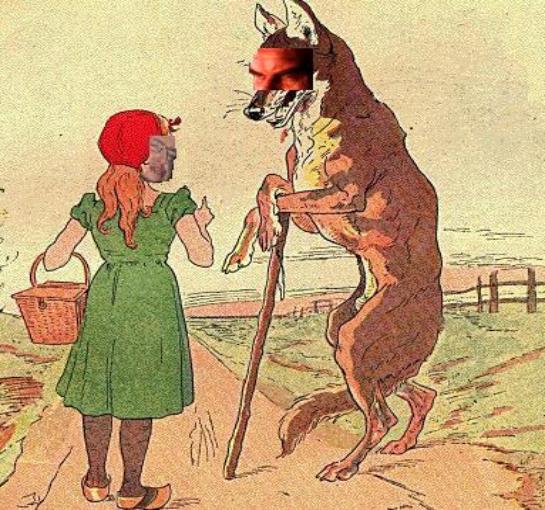| Adapted for the Internet from: Why God Doesn't Exist |
Frege and Wittgenstein reduced the notion of object to anything they could identify with a variable.
- “ The expression ‘ƒ(x)’ denotes the object to which the function ƒ maps the
object x.” [1]
“ the variable name ‘x’ is the proper sign of the pseudo-concept object. Wherever
the word ‘object’ (‘thing’, ‘entity’, etc.) is rightly used, it is expressed in logical
symbolism by the variable name…So one cannot, e.g., say ‘There are objects’ as
one says ‘There are books’…” [2]
- Hence, whether we talk about a chair or a table, we can simply call it x and then deal with the variable.
However, their argument has to do with the name we assign an object and not with the object itself. The ‘variable’ they
are referring to is a noun or a term (i.e., to anything that can be used as the subject of a sentence) and not strictly a
corporeal body. They confirm that this is the meaning and context of their version of the word object when they apply
it to specific examples:
- “ Frege called the object x the ‘argument’ of the function ƒ and called ƒ(x) the
‘value’ of the function. Since Frege also recognized two special objects he
called truth-values (The True and The False), he defined a concept to be any
function that always maps its arguments to truth-values. For example, whereas
‘x2 +3’ and ‘father-of(x)’ denote ordinary functions, the expressions ‘Happy(x)’
and ‘x > 5’ denote concepts. The former denotes a concept which maps any
object that is happy to The True and all other objects to The False; the latter
denotes a concept that maps any object that is greater than 5 to The True and
all other objects to The False. Given that concepts like being happy and being
greater than 5 map their arguments to truth values, the atomic sentences of
Frege's language, such as ‘Happy(b)’ and ‘4 > 5’, become names of truth-values.” [3]
“ The same holds of the words "Complex", "Fact", "Function", "Number", etc…
They all signify formal concepts and are presented in logical symbolism by
variables” [4]
Therefore, the arguments against this notion of object are the same I raised earlier. Wittgenstein concluded that for the
purposes of grammar and logic, there is no difference between a noun and an object. I reply that for the purposes of
Physics and Science, it does.
| Frege says that a variable is an object |


Look, Red! All other matters aside, if you
can't tell the difference between your
grandma and a wolf, you've got more
than just a problem with your eyesight.
can't tell the difference between your
grandma and a wolf, you've got more
than just a problem with your eyesight.
- Module main page: Is an object a bundle of properties?
1. This page: Frege says that a variable is an object
2. Russell says that an object is that which is one
3. Lavoisier says that an object is that which cannot be destroyed
4. Newton says that an object is that which has mass and occupies space
5. Plato says that an object is that which is ideal
6. Bohr says that an object is not an object without an observer
7. Elder says that an object is that which is made of parts?
- ________________________________________________________________________________________
- Copyright © by Nila Gaede 2008
